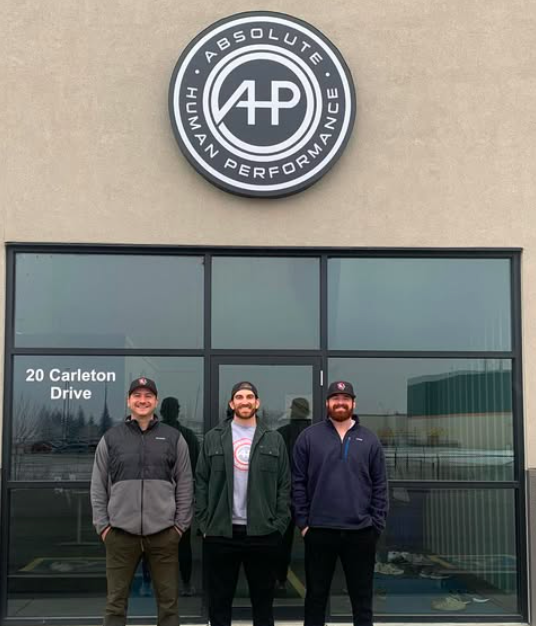Advice For Young Coaches
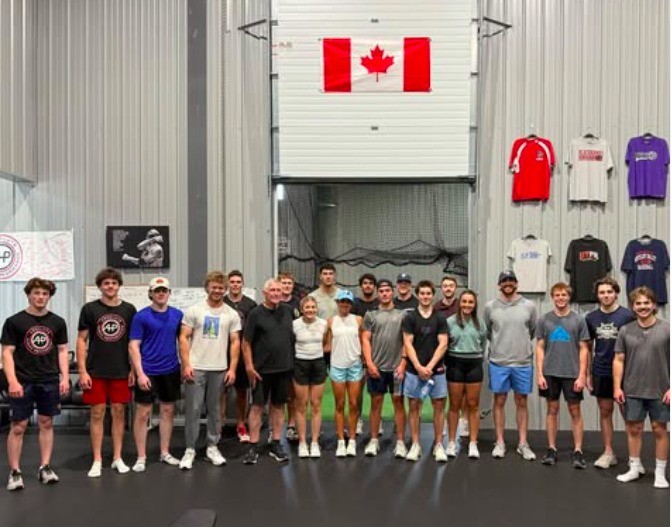
- Be where your feet are. Overdeliver for your current athletes.
Most coaches want to work with pro athletes. However, why would they want to work with you?
You have to put in the time, develop the expertise, and earn that right. It starts with treating all your clients as though their development is the most important thing to you, right now.
Want to be a great coach? What would a great coach do? Coach that way today.
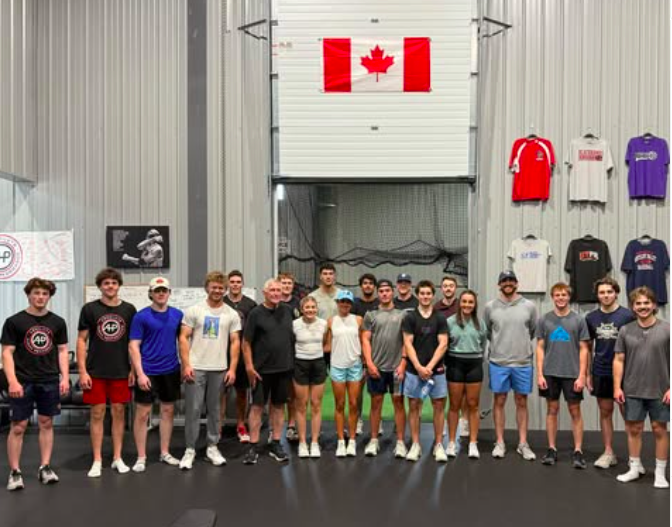
2. Prioritize developing a broad skillset.
This week I've been lucky enough to:
- Oversee our High School Baseball Academy win a 32 team tournament down in the USA
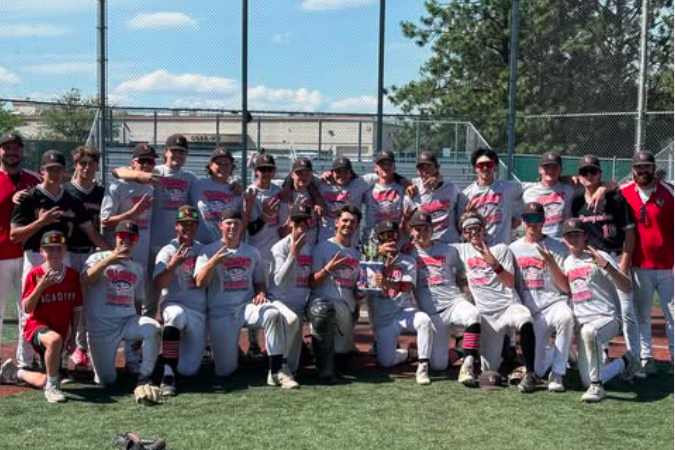
- Chat with an MLB pitcher about his delivery/mindset in-game
- Perform two business coaching consults with a gym owner down in Kansas City
- Train the U21 female Canadian champion downhill skier
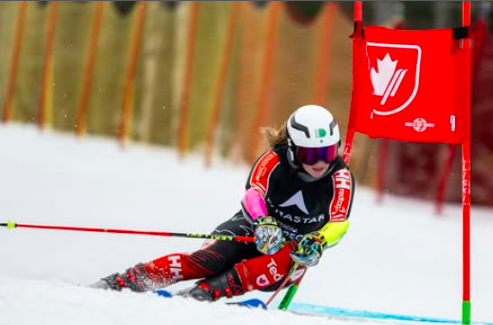
- Work hands on with both our college baseball hitting group in the cage and our college pitchers on the mound
- Run two mental game coaching sessions with our athletes
- Watch our AHP hockey on-ice sessions thrive with a handful of potential NHL draft picks
- Train a former UFC fighter who is a multi-world champion in masters jiu-jitsu
- Train dozens and dozens of athletes ranging from 12 years old to professionals in a wide variety of sports and disciplines
I'm not saying all of this to boast, although if I'm being honest, once in a while I do step back and think, 'this is pretty damn cool. How did I get so lucky?'.
The answer to that question was focusing on developing many different skills when I started out.
I coached baseball. I ran a baseball academy when I was 22, which ultimately prepared me for business ownership later. It forced me to learn how to sell, how to be professional (meeting with the high school to negotiate using their gym, finding host families, booking travel, developing and sticking to a budget, etc.)., and perhaps most importantly, I got a crash course on how to lead and be a mentor.
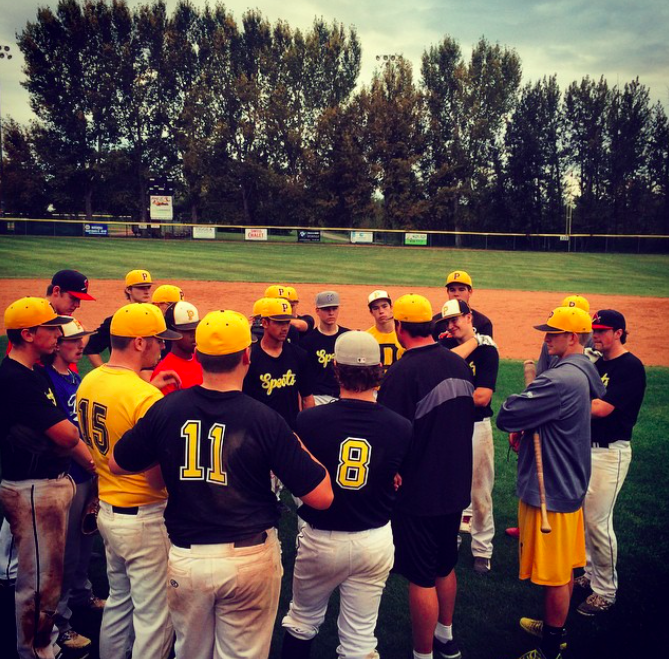
I endeavoured to write all of my players individual training programs which forced me to spend hours studying and developing to become a good strength and conditioning coach.
Not only did my program writing develop quickly, I had to learn on the fly how to coach ten different athletes executing ten different programs, all at the same time. That skill has served me quite well in order to execute the model we today utilize at AHP, which I believe is different than most gyms.
Additionally, I started a blog right around then too and published A LOT. Even though almost no one read it, I just kept on writing. I go back and read some of those now, and I definitely cringe a little, however, it built my skills as a writer. (I hope anyway - maybe in twelve years I'll read this and cringe too...)
Don't pigeon hole yourself too early! Become a great generalist before becoming a specialist.
3. Once you've become a great generalist, you can focus on leveraging your strengths and put your efforts into becoming exceptional in an area or two (while still improving other areas).
This principle is the same one that I apply to my advanced athletes: make their strengths stronger, and nudge their weaknesses. However, you must have some serious strengths first in order to leverage them!
4. Say yes to everything. Write programs for free. Go early to practice. Stay late after practice.
This is similar to the first piece of advice in this post. I wrote training programs for family members; worked extra with our pitchers and hitters for countless hours; did free baseball lessons; you name it. My mentality was simple: I wanted to serve and give back, but I wanted to develop the skills necessary in order to charge for them.
Most importantly in my development (as a strength and conditioning coach at least), I worked for three years in my early to mid 20s running the high school fitness centre while coaching our baseball academy.
I wrote a ton of free programs for high school athletes, as well as staff members. This gave me career capital for training clients outside of the baseball realm, something that would come in handy a little later.
You need to develop the skills necessary to be prepared to actually capitalize and excel at opportunities that will present themselves down the road.
5. Create your own educational curriculum!
"Success seems largely to be a matter of hanging on when all others have let go."
So much of the coaching profession parallels the path to achievement in athletics. The only difference is you're not limited by your physical abilities.
Can you outlast the competition? Do the things others won't do in order to earn opportunities others won't get.
Play the long game. Studying for a couple hours a week isn't that difficult, but few do it, and thirteen years later I can tell you that it has made all the difference in the world.
6. Create systems to stay motivated. Define your why!
Motivation is like fire. Sometimes you pop out of the tent and the fire's blazing! Those days are easy.
Other days, it poured rain over night and there's barely an ember emanating any heat whatsoever. It's your job to get the fire roaring on a daily basis.
For me, there's two big strategies I use: one positive and one negative:
A) Be who I needed when I was younger. It's truly a privilege to get to do what I do and try to make a difference in somebody's life.
B) When that doesn't work, think about the naysayers. That gets the fire going pretty easily. Anger can be a valuable tool, when channeled properly.
Coaching has, and continues to be the greatest blessing for me. I can't imagine doing anything else. If you LOVE it, I hope these tenets of advice can allow you to forge a career in this industry. It can be so incredibly rewarding.
